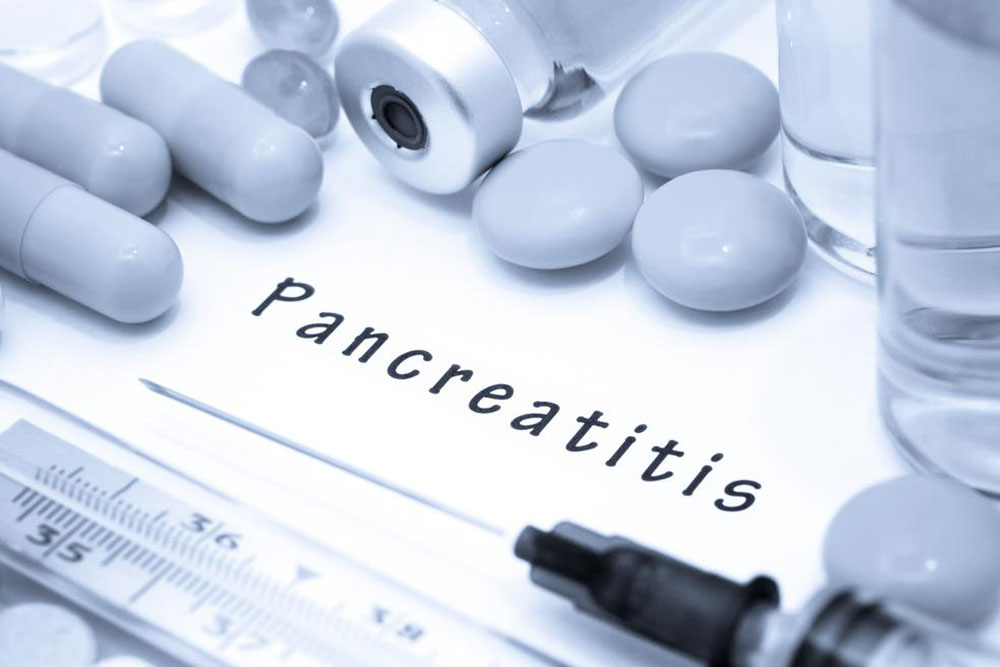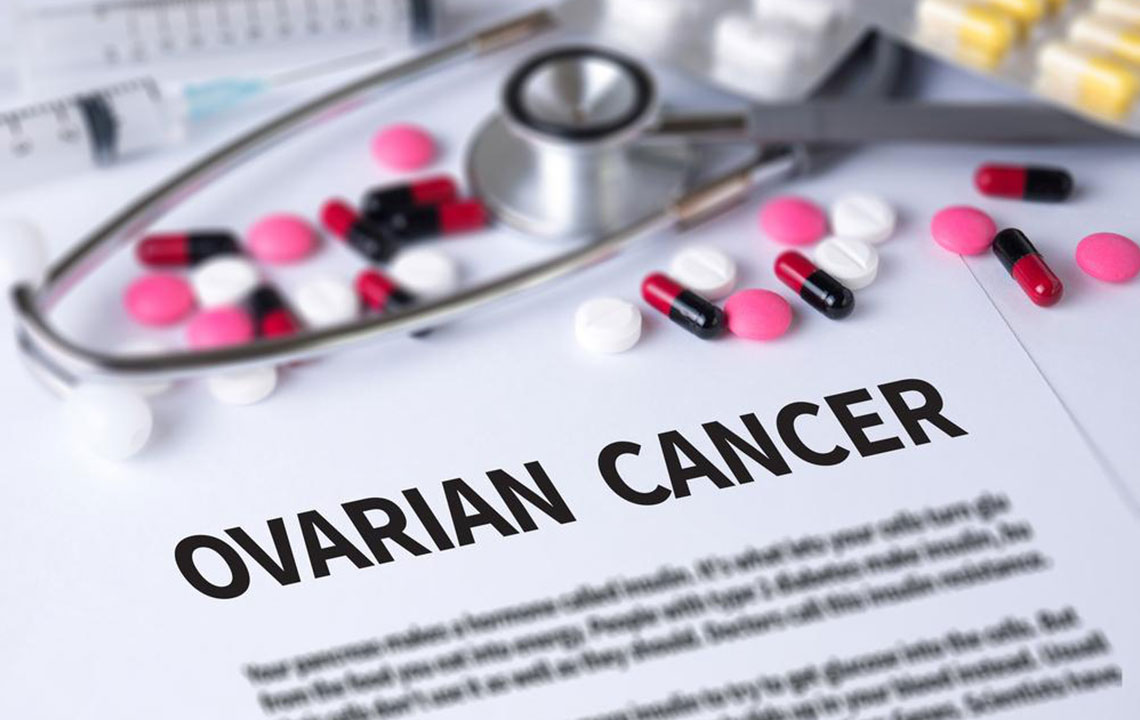Recognizing Early Symptoms and Types of Pancreatitis
This article explores the early signs and different types of pancreatitis, emphasizing the importance of early diagnosis and lifestyle changes. It covers symptoms, causes, diagnostic methods, and treatment options, highlighting how timely medical intervention can improve outcomes and prevent complications related to both acute and chronic pancreatitis.

Recognizing Early Symptoms and Variations of Pancreatitis
The pancreas, located behind the stomach, functions as a vital gland that releases digestive enzymes into the small intestine, aiding in nutrient breakdown. It also produces hormones like insulin and glucagon that regulate blood sugar levels.
Pancreatitis refers to inflammation of the pancreas, which occurs when digestive enzymes activate prematurely, leading them to attack pancreatic tissue. This damage can cause serious health complications.
Types and Early Indicators of Pancreatitis
Acute Pancreatitis: This form presents as sudden inflammation that can range from mild to severe. Timely medical treatment usually leads to full recovery. Severe cases may involve internal bleeding, tissue damage, infections, cyst formation, and can affect organs such as the heart, kidneys, and lungs.
Common early signs include:
Loss of appetite
Vomiting
Nausea
Fever
Diarrhea
Rapid heartbeat
Blood pressure fluctuations
Chronic Pancreatitis: Characterized by long-term inflammation, often developing after an episode of acute pancreatitis. Excessive alcohol consumption is a leading cause.
Early symptoms often mirror those of acute pancreatitis, with additional signs such as:
Persistent upper abdominal pain radiating to the back
Weight loss
Onset of diabetes
Diagnosis and Management: Doctors typically evaluate pancreatic enzyme levels in blood tests—elevated amylase and lipase suggest pancreatitis. Imaging procedures like MRI, CT scans, biopsies, glucose tests, and X-rays may further assist diagnosis. Treatment varies from medication to surgery based on severity.
If symptoms are observed, prompt medical attention is vital for effective management. Lifestyle modifications, including abstaining from alcohol and quitting smoking, are crucial, often complemented by nutritional improvements and counseling for alcohol dependency.










